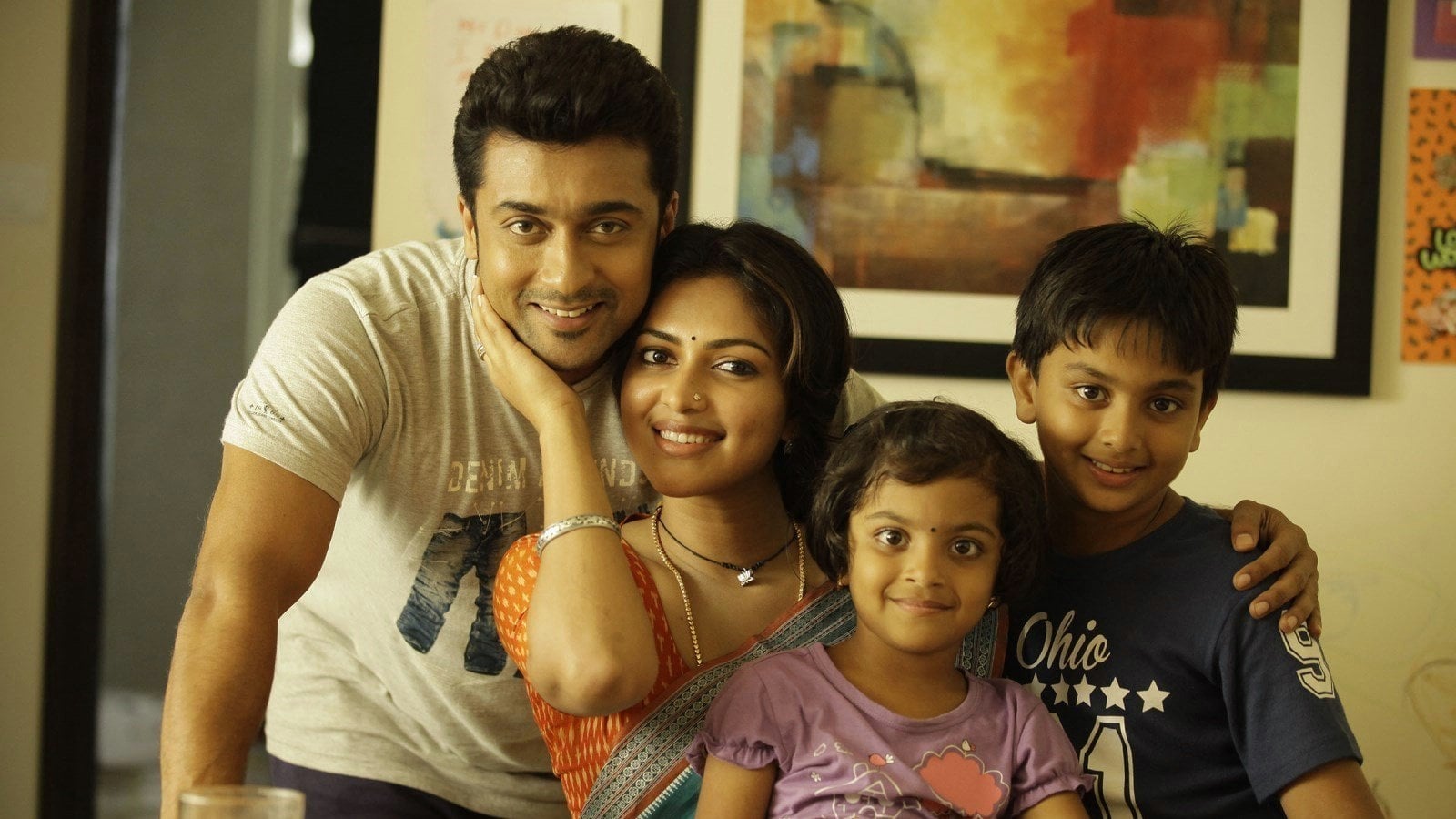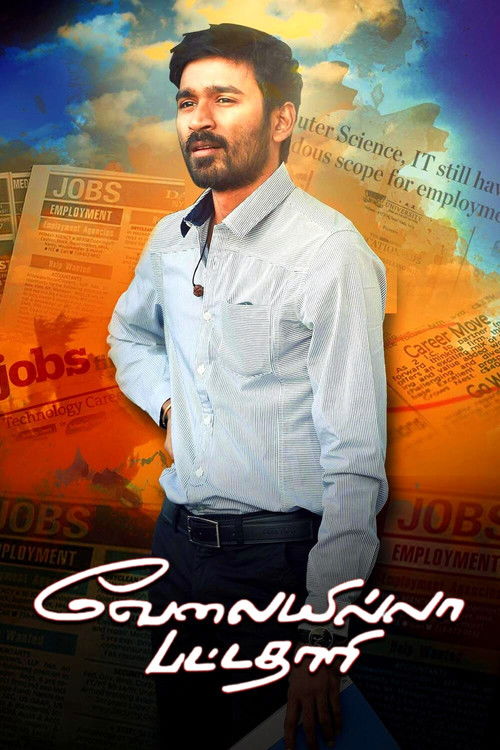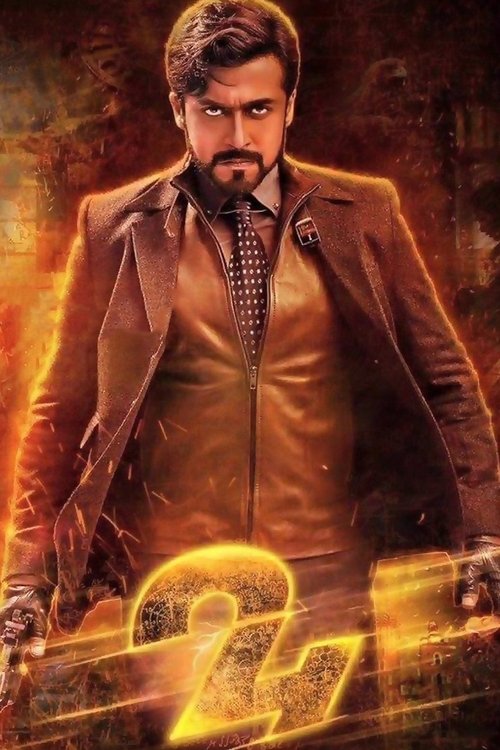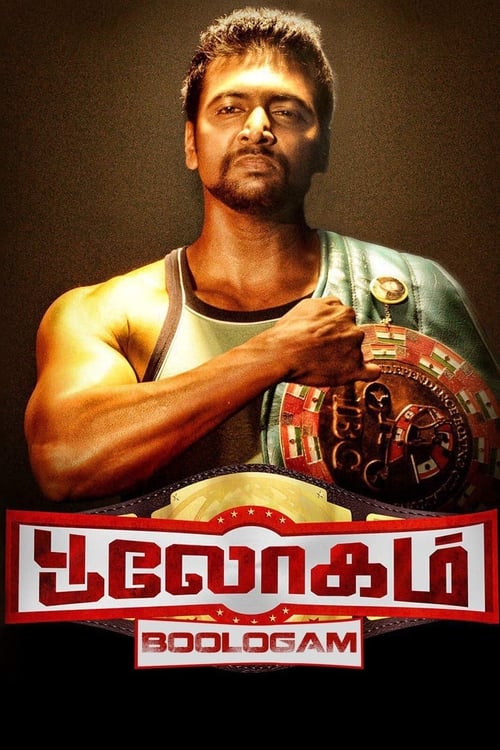
2015
Pasanga 2
Comedy, Drama, Family
8.0
User Score
22 Votes
Status
Released
Language
ta
Budget
$0
Production
Studio Green, 2D Entertainment, Pasanga Productions
Overview
The frustrated parents of two hyperactive kids realise the key to unlock their kids' potential lies in them accepting the kids' exuberant nature, thanks to an understanding doctor and his teacher wife.
Review
timesofindia
6.0
Pasanga-2 is centred around two hyperactive kids Kavin and Nayana, who are a nightmare to their respective parents. Their non-conforming nature makes them notorious figures for their teachers and principals, who are only too eager to send them off to a different school. Their parents are clueless about what to do with them. They try to rein in their kids' exuberance, seek medical advice, and even send them off to a boarding school, not realising that the key to their change actually lies with them. It is left to Dr Tamil Nadan and his wife Venba, a school teacher who believes in unconventional teaching methods, to make them understand this and unlock the kids' bridled creativity.
When Pandiraj gave us Pasanga, it was like a breath of fresh air. It was film that allowed its child leads to be kids but the filmmaking was definitely grown-up, successfully marrying a native story with a contemporary cinematic form. And with Marina, he showed once again that stories centred around children can be turned into good cinema. Pasanga-2 is also about kids but shockingly, the writing is so commonplace and blatantly manipulative. It is also formulaic in the way it goes about narrating its story ticking off every convention in the children's film genre. The cliched scenes turn preachy at the drop of a hat and to make the film feel hip, Pandiraj keeps throwing trendy elements — animated stories, guest appearances, even ghosts! — at us, but they do not add weight to the storyline. The characters are two dimensional and their only role is to keep the plot moving. The actors look the part but their characters are hardly rounded to make us sympathise with their plight. For contrast, we only have to look at the way the bickering couple in Pasanga was written. Here, neither Munishkanth and Vidya Pradeep nor Karthik Kumar and Bindhu Madhavi, convince as people who we could come across in real life. And the characters in Tamil Nadan household come across as something we see in TV commercials with hardly any blemish. Suriya (who reels off his lines as if he is acting in a public service ad) and Amala Paul come across as couple who are always in agreement and have never had a tiff, the kids are improbably sensitive and disciplined, while their grandparents hover in the background to make sympathetic noises. Heck, the family even has moonlight get-togethers on their terrace!
Pandiraj's dialogues are, thankfully, still sharp, and if the film feels alive, it is mainly because of these lines and the truth in them, and the optimistic outlook of the film. And he also extracts good performances from his child leads, who have an impish charm that makes them hard to resist. The film will certainly appeal to an undemanding viewer, but given that we are talking about a filmmaker who has set the bar quite high, the failings in the film override its plusses and it is the duty of a discerning viewer to call out on this fact so that he doesn't settle for mediocrity next time.
Read More 



